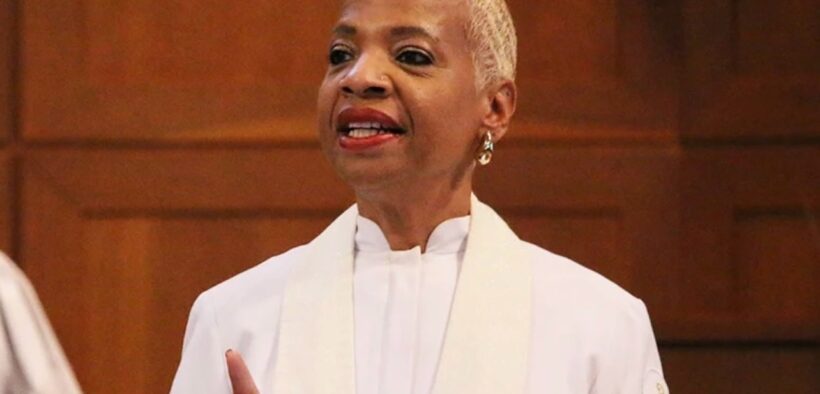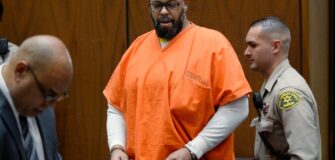Bishop Tracy Malone Becomes First Black Female President of Council of Bishops
Share

Bishop Tracy Malone, the resident bishop of the East Ohio Conference, assumed the prestigious position of President of the Council of Bishops (COB) for The United Methodist Church.
This marks her as the first Black woman to ascend to such a prominent leadership role in the global denomination’s history.
The transition of power occurred amidst a fervent atmosphere at the General Conference of The United Methodist Church held at the Convention Center in Charlotte, North Carolina. With a resounding standing ovation, Bishop Malone accepted the gavel from outgoing President Bishop Thomas Bickerton.
Expressing her gratitude and commitment to serve during these challenging yet hopeful times, Bishop Malone articulated, “I am honoured to serve as the President of the Council of Bishops in the midst of these challenging and hope-filled times in the life of our beloved United Methodist Church.”
Bishop Malone’s election to the presidency took place during the COB meeting held at Lake Junaluska in November of the previous year, granting her a two-year tenure at the helm.
With anticipation and confidence, Bishop Tracy Malone conveyed her readiness to dedicate herself fully to the ministry of leading the COB. “I am prepared to bring all of who I am and my gifts, wisdom, and experience to my role as President of the Council of Bishops and to my leadership and role in the Church,” she affirmed.
As she assumes this pivotal role, Bishop Tracy Malone will be supported by a distinguished COB leadership team, including Bishop Ruben Saenz, Bishop L. Jonathan Holston, and Bishop Thomas J. Bickerton, among others. Together, they aim to guide The United Methodist Church through its evolving journey, embracing God’s vision for the future of the denomination.
Reflecting on the significance of this moment, Bishop Malone remarked, “We celebrate what God has done and what God is doing as we, together as a Council, lead and help to shepherd this beautiful, beloved United Methodist Church into its next expression, God’s vision for God’s Church.”




















